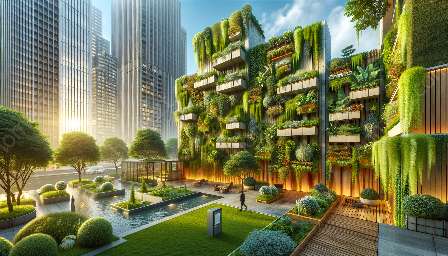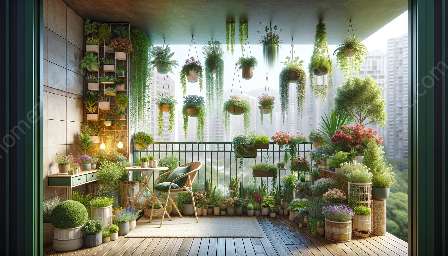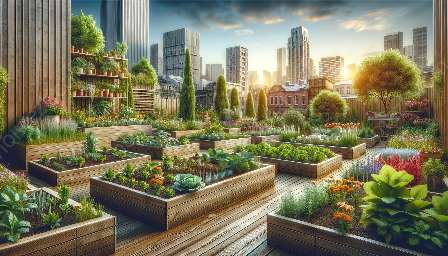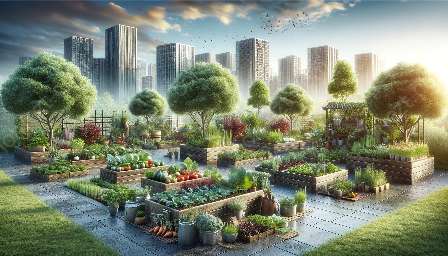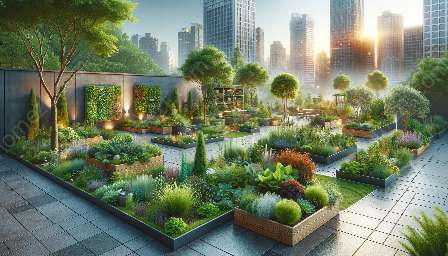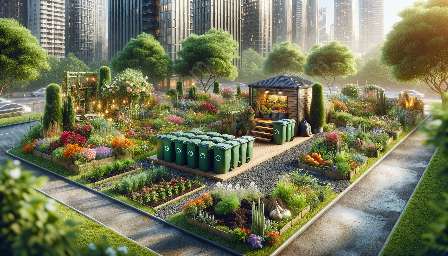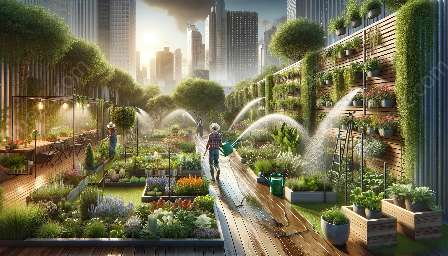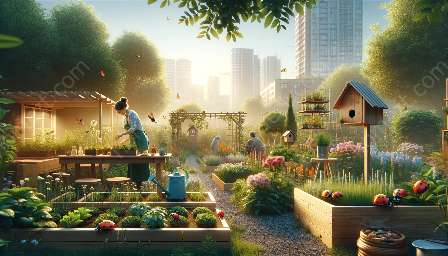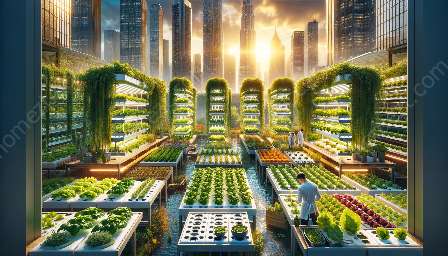Composting is a key element in urban gardening, serving as a sustainable way to recycle organic waste and create nutrient-rich soil for growing plants. In this comprehensive guide, we will explore the art of composting, its compatibility with urban gardening, and its contribution to gardening & landscaping.
Understanding Composting
Composting is the natural process of recycling organic materials, such as kitchen scraps, yard waste, and other biodegradable items, into a valuable soil amendment. This process involves the decomposition of organic matter by microorganisms, resulting in the formation of humus-rich compost, which enhances soil fertility and supports plant growth.
Benefits of Composting for Urban Gardening
1. Waste Reduction: Composting diverts organic waste from landfills, reducing greenhouse gas emissions and minimizing environmental impact in urban areas.
2. Soil Enrichment: Compost adds essential nutrients and improves the soil structure, promoting healthier plant growth in limited urban spaces.
3. Water Conservation: Compost increases soil's water-holding capacity, reducing water requirements and aiding in drought resilience for urban gardens.
Techniques for Composting in Urban Settings
Composting in urban areas requires creative solutions due to space constraints. Utilize the following techniques to overcome challenges:
- Vermicomposting: Use red worms to decompose organic waste in compact worm bins, ideal for small-scale urban composting.
- Bokashi Composting: Ferment organic waste with bokashi bran in airtight buckets, perfect for odor-free indoor composting.
- Community Composting: Engage with local initiatives or co-ops to collectively manage composting on a larger scale in urban neighborhoods.
- Soil Conditioning: Compost amends compacted urban soils, encouraging better root growth and microbial activity, vital for successful urban gardening and landscaping.
- Organic Pest Control: Compost fosters healthy soil ecosystems, promoting beneficial insects and microbial communities that naturally combat pests in urban garden settings.
- Sustainable Landscaping: Compost allows for eco-friendly landscaping practices in urban areas, incorporating organic soil amendments and reducing dependence on synthetic fertilizers.
Composting in Supporting Gardening & Landscaping
Compost plays a pivotal role in gardening and landscaping, enhancing soil quality and nurturing plants. Here's how composting intertwines with gardening and landscaping practices:
As urban gardening continues to flourish, composting remains an indispensable component, driving sustainable practices and fostering healthy, vibrant urban landscapes. By embracing the art of composting, urban gardeners can play a significant role in nurturing the environment and contributing to a greener, more sustainable future.


